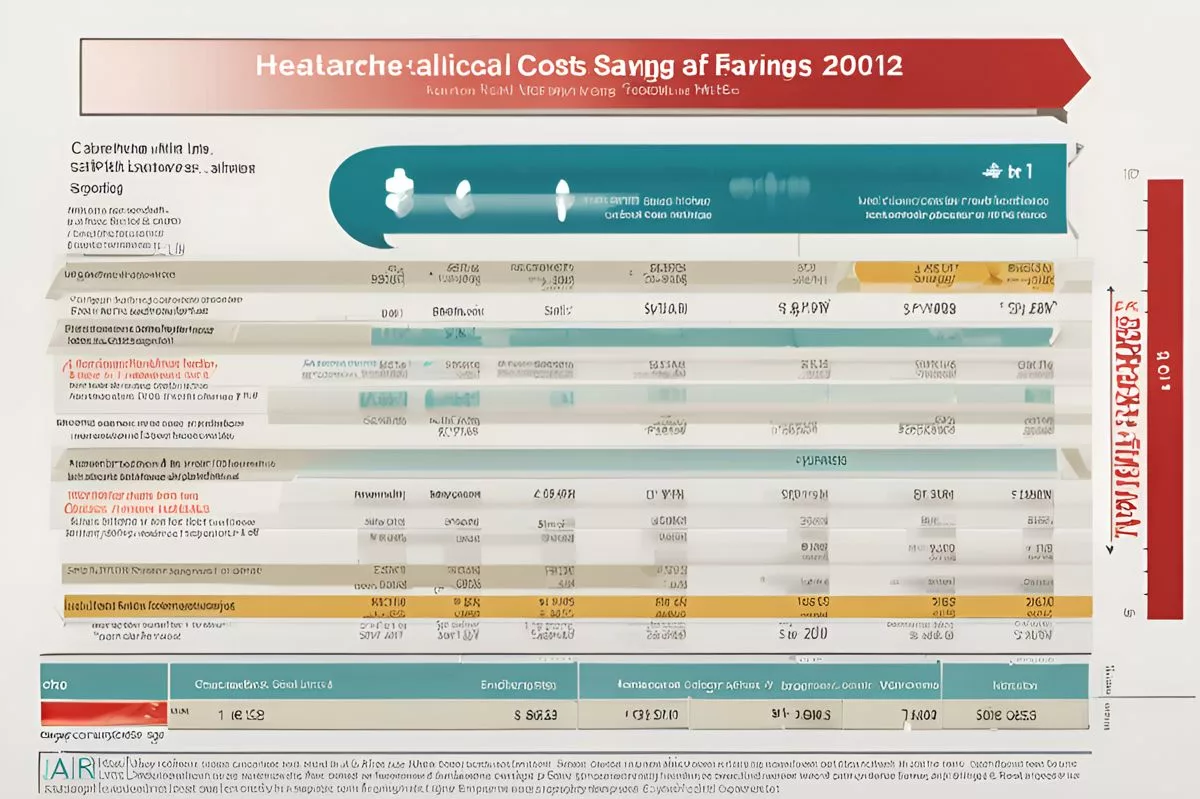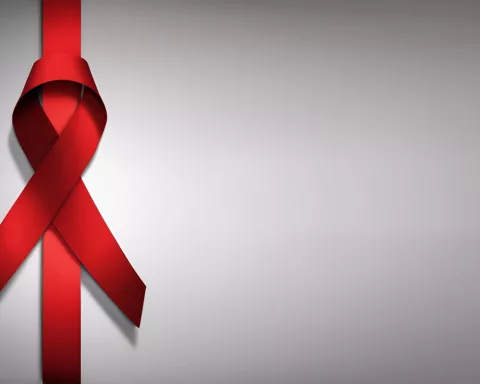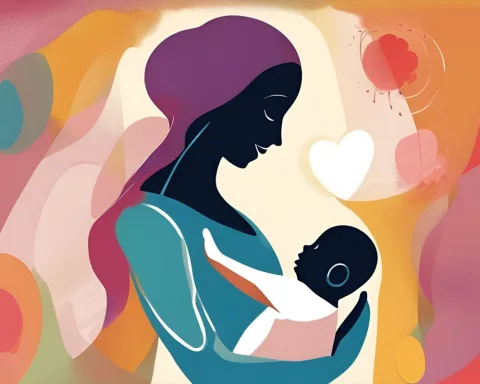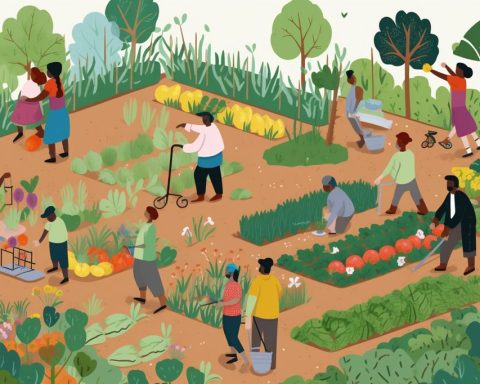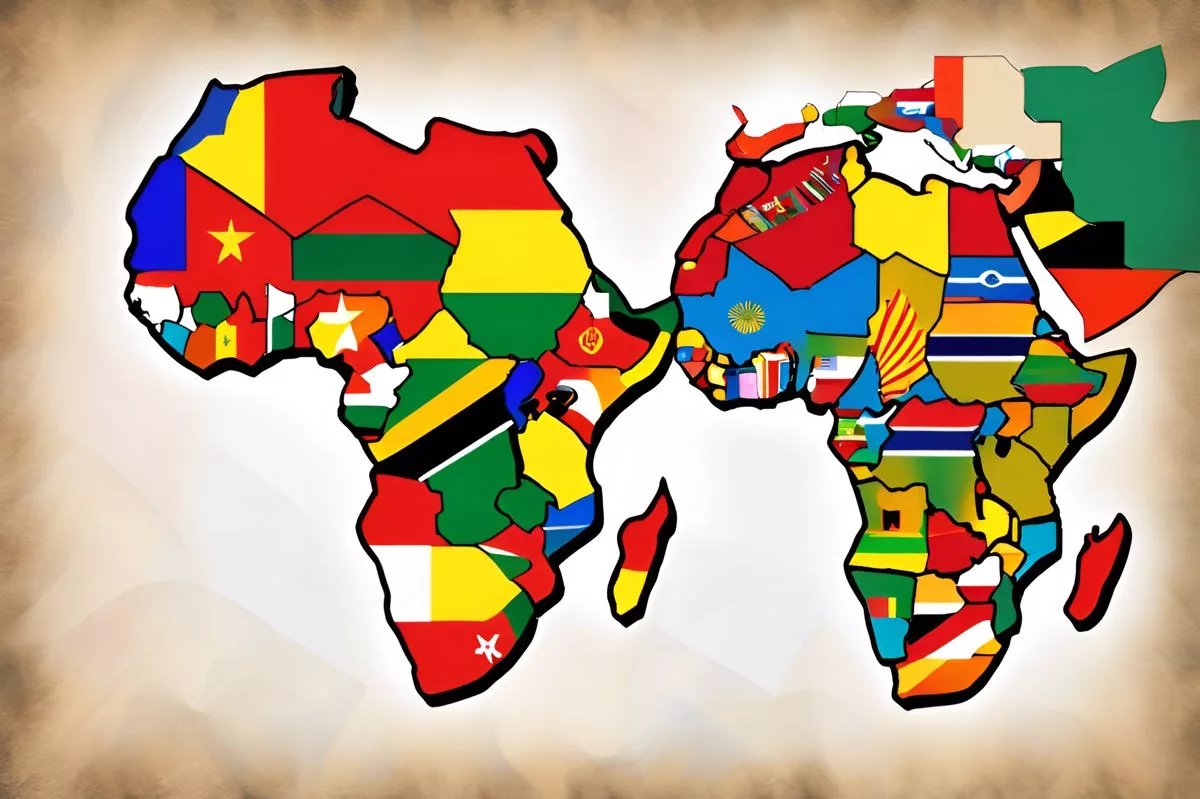The first 1,000 days of a child’s life, from conception until their second birthday, is a critical period for maximizing their potential and preventing stunting. In South Africa, where no benefits are available for pregnant women, extending the child support grant to cover the pregnancy period could potentially save the government $720 million over the first 1,000 days of children’s lives. A pilot study in the Western Cape province introduced a digital food voucher for impoverished pregnant women, showing promising results in improving nutrition and reducing financial stress. Providing sufficient support to pregnant women is an investment worth making for a healthier and financially stable future.
What is the importance of the first 1,000 days of a child’s life?
The first 1,000 days of a child’s life, from conception until their second birthday, is a critical period for maximizing their potential. Proper nutrition during this period is heavily influenced by the mother’s diet during pregnancy and the child’s diet after birth. Inadequate nutrition during this period can lead to stunting, negatively impacting a child’s future health and opportunities. Governments can potentially save billions of dollars in healthcare costs by providing support grants or vouchers for pregnant women.
The initial 1,000 days of a child’s existence, starting from conception until their second birthday, serves as a critical period for maximizing their potential. The nature of this time window is heavily influenced by the nutritional intake of the mother throughout pregnancy and the child’s diet after birth. If nutrition is insufficient during this period, the consequences can be severe and enduring, possibly resulting in stunting, which carries substantial health and societal implications.
Stunting can prevent a child from reaching their full potential, making them prone to obesity and related health issues, thereby negatively impacting their future health and opportunities. This problem places a large financial strain on governments, with billions of dollars funneled into healthcare. Results from evidence-based studies indicate that support grants or vouchers during pregnancy can improve women’s nutritional status and their ability to take advantage of and benefit from prenatal care.
Global Maternity Benefits and Their Impacts
Viewed on a global scale, approximately 41% of mothers with newborns receive some form of maternity benefit. While the figures are promising in Europe and Central Asia, with over 80% of mothers receiving such benefits, the statistics are less than ideal in Africa, where only 16% of mothers receive them. In South Africa, specifically, there are no benefits available for pregnant women. The child support grant, which amounts to approximately $27 a month, is only accessible post-birth, given that the child has a birth certificate.
Stunting is currently affecting over a quarter of children under five in South Africa, highlighting the urgent need to enhance the nutritional status of pregnant women, and consequently, their children. This enhancement is not just a health issue, but also a significant factor in reducing poverty, lessening unemployment, and cultivating future generations of healthy, productive children who will drive economic growth.
Health Economists and Their Findings
As health economists, we conducted a study to evaluate the cost-effectiveness of extending the child support grant to cover the pregnancy period for the South African government. Our findings suggested potential savings on healthcare costs, amounting to $1,600 per child during the first 1,000 days of life. This saving is largely due to regular prenatal care by mothers, leading to a decrease in neonatal complications. When expanded to the population level, the government could potentially save about $720 million over the first 1,000 days of children’s lives.
A considerable number of pregnancies in South Africa take place in impoverished households, with female-led households accounting for nearly half of all pregnancies. An alarming 35% of pregnant women deplete their finances for food, and a quarter of them experience hunger. Given that 13 million children are already beneficiaries of the child social grant, the number of mothers potentially eligible for a pregnancy support grant is likely to be significant.
The Promise of Pregnancy Support Grants
A 2021 pilot study in the Western Cape province introduced a digital food voucher worth $15.40 every two weeks for 16 weeks to 2,618 impoverished pregnant women. The results were promising, with the women using the grant money to purchase nutritious foods. The study also highlighted the psychological benefits of the grant, which empowered the women to make healthier food choices for themselves and their unborn babies, eased their financial stress, and instilled hope for the future.
The SA Law Reform Commission has proposed the introduction of a pregnancy support grant, prioritizing aid for the poorest and most vulnerable individuals. Despite arguments that the child support grant encourages women to get pregnant, multiple studies have refuted this claim.
Several low- and middle-income countries, including India, Bangladesh, Mexico, Nepal, Nigeria, Kenya, and Brazil, have tested pregnancy support grants to mitigate the financial pressure on pregnant women. These grants have shown to encourage weight gain during pregnancy, reduce maternal anaemia, increase access to services during pregnancy and childbirth, decrease maternal mortality, and prevent low birthweight and infant mortality.
The positive effects of extending the child support grant to include the pregnancy period could improve the lives of not only individual children but also families and communities. Along with the potential savings for the South African government, the ripple effects on the hope, motivation, learning and employment of women, and consequently the economy are likely to be significant.
Summation: An Investment Worth Making
In conclusion, providing sufficient support to pregnant women, particularly those from impoverished backgrounds, is crucial for the overall development of society. By investing in the foundations of life – the first 1,000 days – we can ensure a healthier and financially stable future for generations to come.
What percentage of mothers globally receive some form of maternity benefit?
Approximately 41% of mothers with newborns receive some form of maternity benefit globally.
What is the current situation regarding maternity benefits in Africa?
Only 16% of mothers in Africa receive maternity benefits, making it the region with the lowest percentage of mothers receiving such benefits.
Are there any benefits available for pregnant women in South Africa?
No, there are currently no benefits available for pregnant women in South Africa.
What is the potential cost savings for the South African government in extending the child support grant to cover the pregnancy period?
Extending the child support grant to cover the pregnancy period could potentially save the South African government $720 million over the first 1,000 days of children’s lives.
What were the results of the 2021 pilot study in the Western Cape province?
The study introduced a digital food voucher worth $15.40 every two weeks for 16 weeks to 2,618 impoverished pregnant women. The results were promising, with the women using the grant money to purchase nutritious foods, improving their nutritional status, and reducing financial stress.
What are the potential positive effects of providing pregnancy support grants?
Pregnancy support grants have shown to encourage weight gain during pregnancy, reduce maternal anaemia, increase access to services during pregnancy and childbirth, decrease maternal mortality, and prevent low birthweight and infant mortality. Additionally, providing support to pregnant women can have positive ripple effects on the hope, motivation, learning, and employment of women, and consequently the economy.

